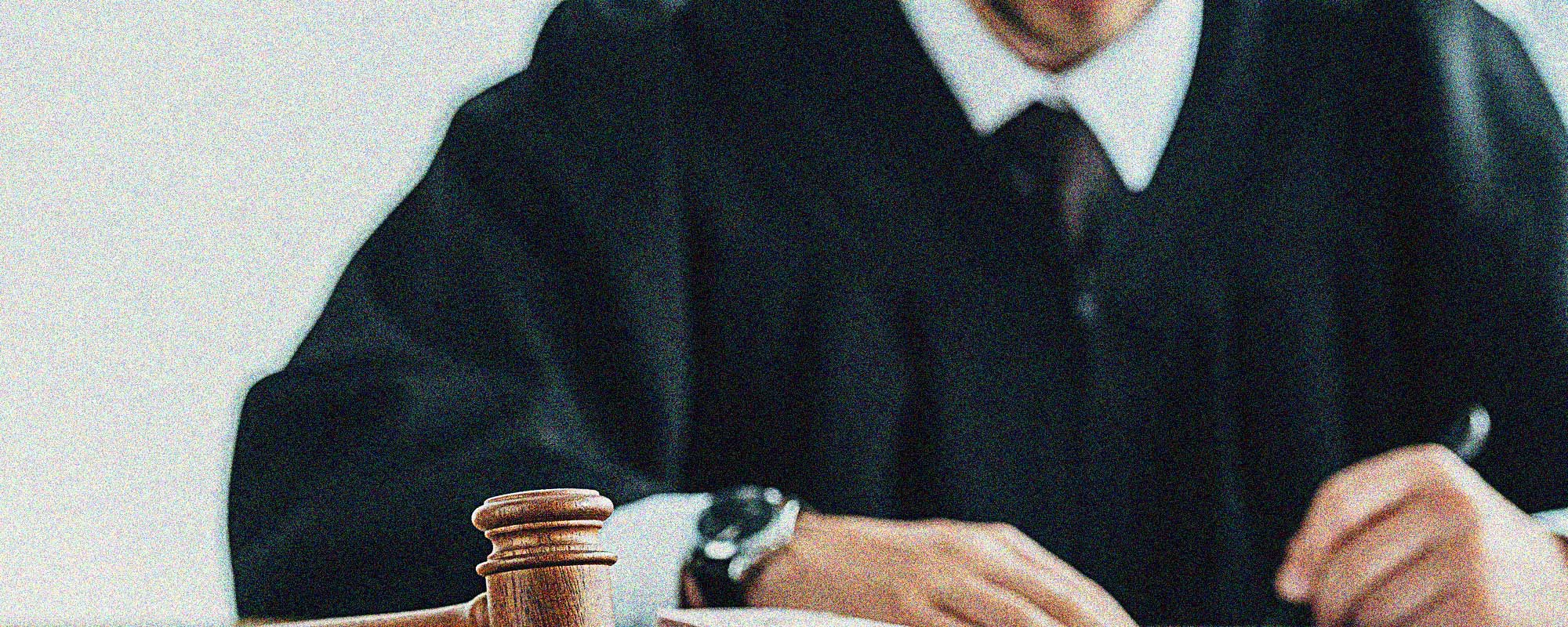On July 28, 2023, the Supreme Court of Canada released its decision in R. v. Kahsai, 2023 SCC 20. Mr. Kahsai was charged with criminal offences and chose not to be represented by a lawyer at his trial. The trial judge appointed a lawyer to assist the court during the trial, called an amicus. The role of amicus is determined by the court, they do not represent the accused person. On appeal, Mr. Kahsai argued there was a miscarriage of justice in part because the role given to amicus did not include taking steps or making arguments a lawyer for the defence might have made. The Supreme Court ruled there was not a miscarriage of justice and explained the role amicus can play in cases where an accused person is unrepresented. The Court drew on the submissions of the CCLA and other intervenors.
The fairness of a trial in Canada depends, in part, on an adversarial proceeding. This means that both prosecution, representing the Crown, and defence, representing the accused, present and argue their case. The Crown and defence are usually represented by lawyers. If there is no lawyer for the defence, and the accused person does not argue their case, there is a risk the trial could be unfair. Parts of the evidence or the law may not be addressed, and the picture that emerges at trial could be incomplete or inaccurate.
An accused person may not have a lawyer for many different reasons, including if they have significant mental, behavioural, or cognitive challenges. At the same time, an accused person has the constitutional right to decide how to present and argue their case. A central question in Kahsai was how to fairly balance these considerations when an accused person is not represented by a lawyer and a court appoints amicus.
As the CCLA argued for and the Supreme Court explained at paragraphs 45 and 64, the role of amicus can be tailored and responsive to the needs of an individual case:
[45] The right of the accused to control their own defence restricts the adversarial functions that amicus can assume. As noted by the intervener the Canadian Civil Liberties Association, amicus cannot make submissions or seek to elicit evidence that would contradict any defences or theories raised by the accused (see I.F., at p. 8). At the same time, a defendant’s choice to represent themselves will not prevent amicus from assuming any adversarial role, because the right to control one’s own defence does not entitle the accused to determine what assistance the court requires. […]
[64] In sum, in the vast majority of cases, the responsibilities of the trial judge and the Crown will suffice to ensure trial fairness. Once it is determined that amicus is required, the trial judge retains wide discretion to appoint amicus with functions that are responsive to the needs of a case. This may include adversarial functions where necessary for trial fairness — for example, to restore balance to a proceeding when an accused chooses to self-represent and puts forward no meaningful defence. In tailoring the scope of the role for the amicus, the judge will consider the nature of the role of amicus as friend of the court and the circumstances of a case, including how the accused exercises their constitutional rights and what is needed to ensure a fair trial. While there are necessary limits to the adversarial functions that amicus can perform, the scope is broad enough to accommodate what is necessary for trial fairness in a particular case.
You can read the Supreme Court’s decision here and the CCLA’s factum here.
The CCLA is grateful to Sarah Rankin and Heather Ferg of McKay Ferg LLP for their excellent pro bono representation in this case.
About the Canadian Civil Liberties Association
The CCLA is an independent, non-profit organization with supporters from across the country. Founded in 1964, the CCLA is a national human rights organization committed to defending the rights, dignity, safety, and freedoms of all people in Canada.
For the Media
For further comments, please contact us at media@ccla.org.





